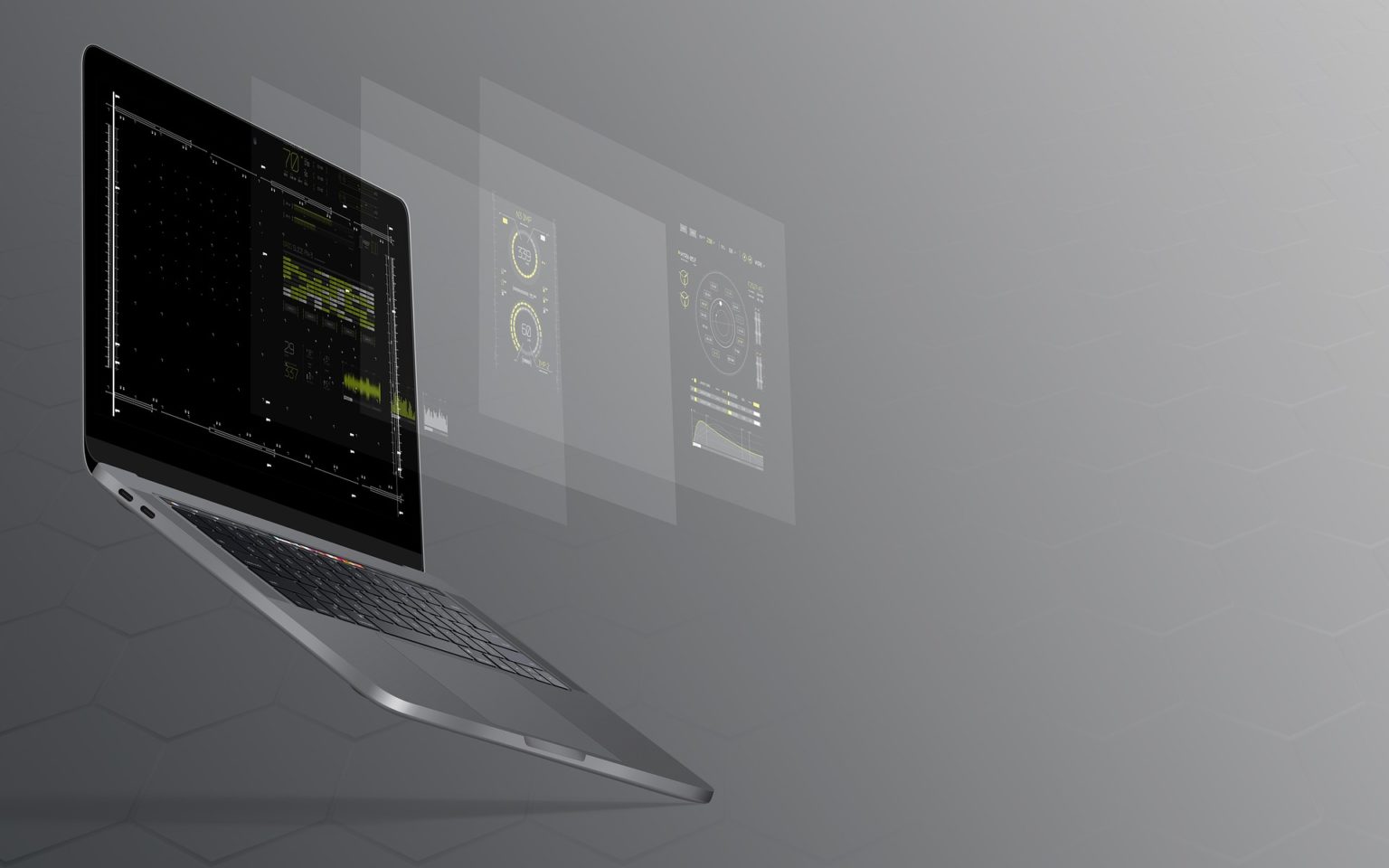B.Sc. in Information Technology
Five for regular and six for extension
Upon admission to the universities/Institutes of Technologies, students will join the School of Electrical and Computer Engineering based on the placement by the universities/Institutes of Technologies and the students’ interest for the discipline after completing the freshman semester.
Students must take and pass all the required modules to satisfy the requirements for graduation. CGPA and MGPA at least 2.00 No “F”, “D” grades Other requirements might be set by specific University graduation requirements.
Program Details
Information Technologists plan, initiate, and manage information technology (IT) projects, lead and guide the work of technical staff, serve as liaisons between business and technical aspects of projects, plan project stages and assess business implications for each stage, monitor progress to assure deadlines, standards, and cost targets are met.

Carrier Direction
Jobs directly related to Information Technology include:
- Application analyst
- Cyber security analyst
- Data analyst
- Data scientist
- Database administrator
- Information systems manager
- IT consultant
- IT technical support officer
- Penetration tester
- Software engineer
- Systems analyst
Jobs where your degree would be useful include:
- Applications developer
- Border Force officer
- Business analyst
- Estimator
- Forensic computer analyst
- Network engineer
- IT sales professional
- UX researcher
- Web content manager
Information Technology Engineers can find opportunities in any of the following categories
- Design / Development / Testing/ Maintenance of software in the IT industry Networking & Security administrator in IT or any computerized industry
Courses
| Courses | ECTS | Cr/Hr |
|---|---|---|
| Communication English | 5 | 3 |
| Basic Writing Skills | 5 | 3 |
| Civics and Ethical Education | 5 | 3 |
| Introduction to Logic | 5 | 3 |
| Applied Mathematics I | 7 | 4 |
| Applied Mathematics II | 7 | 4 |
| Engineering Mechanics I (Statics) | 6 | 3 |
| Engineering Mechanics II (Dynamics) | 6 | 3 |
| Introduction to Engineering Profession | 2 | 1 |
| Engineering Drawing | 6 | 3 |
| Fundamentals of Information Technology | 7 | 4 |
| Fundamentals of Human Computer Interaction | 7 | 4 |
| Fundamentals of IT Security | 7 | 4 |
| Advanced IT Security | 7 | 4 |
| Fundamentals of Database | 7 | 4 |
| Discrete Mathematics | 6 | 3 |
| Fundamentals of Networking | 7 | 4 |
| Mobile Programming | 7 | 4 |
| Advanced Mobile Programming | 7 | 4 |
| Fundamentals of Computer Science and Programming | 7 | 4 |
| Fundamentals of Data Structures & Algorithms | 7 | 4 |
| Object-Oriented Programming I | 7 | 4 |
| System Programming | 7 | 4 |
| Computer Hardware Troubleshooting and Maintenance | 7 | 4 |
| Structured Cabling and Installation | 6 | 3 |
| Network Device Configuration and Management | 7 | 4 |
| Enterprise Network Administration I | 6 | 3 |
| Enterprise Network Administration II | 6 | 3 |
| Enterprise Database Administration I | 6 | 3 |
| Digital Logic Design | 7 | 4 |
| Operating Systems | 7 | 4 |
| Fundamentals of Software Engineering | 6 | 3 |
| Software Project Management | 6 | 3 |
| Social Networks | 6 | 3 |
| Ethics and Professionalism | 6 | 3 |
| Fundamentals of Web Design and Development | 7 | 4 |
| Graphics and Multimedia I | 6 | 3 |
| Web Programming I | 7 | 4 |
| RAD Web Development I | 6 | 3 |
| Project I | 7 | 4 |
| Project II | 7 | 4 |

